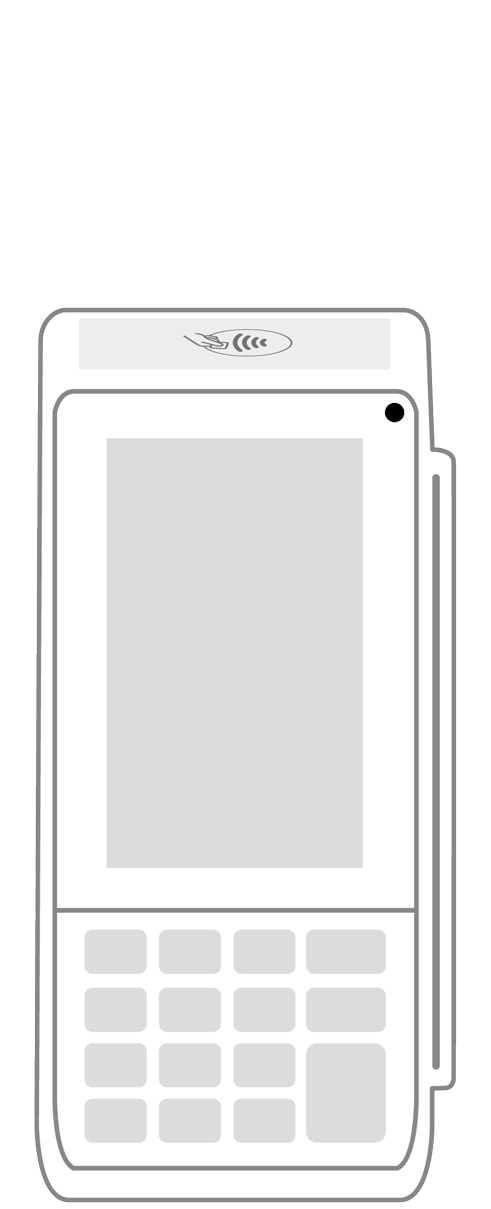Tips for a Successful Small Business

 Starting and running a small-business can certainly have its advantages. Being your own boss, setting your own schedule, being in full-control of your success. With that said, it also comes with risk, stress and a new set of challenges along each step of the way. Here are some top-level tips for small business owners to consider from Find Law.
Starting and running a small-business can certainly have its advantages. Being your own boss, setting your own schedule, being in full-control of your success. With that said, it also comes with risk, stress and a new set of challenges along each step of the way. Here are some top-level tips for small business owners to consider from Find Law.
Planning: You have to have a business plan which outlines how one will start and operate a small business. Length is less important than the content of the plan. Many small business owners wait to write out a business plan until they absolutely need one, like when trying to obtain funding or a loan. That's a mistake. Write out your plan, even an informal one, and use it as a guide. It will help keep you on track.
Financial: Small businesses aim to make a profit. Expenses like rent, material and compensation must be considered before a business owner can determine how many products need to be sold in order to cover costs. This process is the break-even analysis.
Start-up costs are often covered by loans or an investment from friends, family or angel investors. It can takes months or years for new businesses to make a profit. It is advantageous to save start-up capital to reduce loan needs.
Business Types: Sole proprietors and partnerships are the most popular small business types. They are easy to form, but come with liabilities for the owners, putting personal assets at risk. Corporations and limited liability corporations carry less liability.
Scalability: It can be tempting to start with multiple locations and large staff, but it is prudent to start small. It is much easier to recover from mistakes with a small business than a large one. Limit expenses and only take on what you are able to handle in the beginning. Remember that your revenue and, subsequently, your income may take a while to get where you would like them to be.
Competition: Competitive edge can come in the form of location, superior product, excellent customer service, efficient processes or any number of other factors. Maintain your competitive edge by holding on to trade secrets. Information that gives you an advantage over competitors should not be freely shared. You can maintain this edge by marking documents as confidential and using nondisclosure agreements.
HR: Be discriminating in the hiring process. Ensure that the people you add to your team have the qualifications you need as well as motivation, creativity and personality. Your employees should be the perfect fit for both your industry and your business. Once you have acquired the right team, retain them by treating them well and putting them in a comfortable environment. Know the difference between a full time employee and an independent contractor. For taxation purposes, the IRS will look at tasks essential to your business, other jobs held by workers, the number of hours the workers spend at your business and the instructions and training workers receive from you.
Consider creating at-will relationships with employees. This gives you the ability to terminate them for any reason. This arrangement can be made clear in employee handbooks and letters of employment offer.
 3-in-1 Reader |  Terminal |  Keypad |  PINPad Pro |  Flex |  POS+ | |
|---|---|---|---|---|---|---|
Payment types | ||||||
EMV chip card payments (dip) | ||||||
Contactless payments (tap) | ||||||
Magstripe payments (swipe) | ||||||
PIN debit + EBT | ||||||
Device features | ||||||
Built-in barcode scanner | ||||||
Built-in receipt printer | ||||||
Customer-facing second screen | ||||||
External pinpad | ||||||
Wireless use | ||||||
Network | ||||||
Ethernet connectivity | With dock | |||||
Wifi connectivity | ||||||
4G connectivity | ||||||
Pricing | ||||||
Free Placement | ||||||